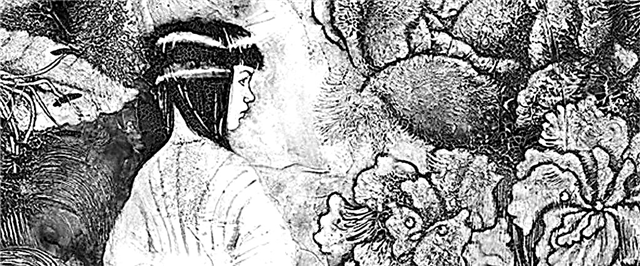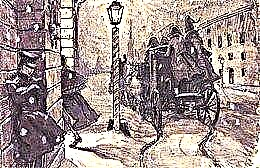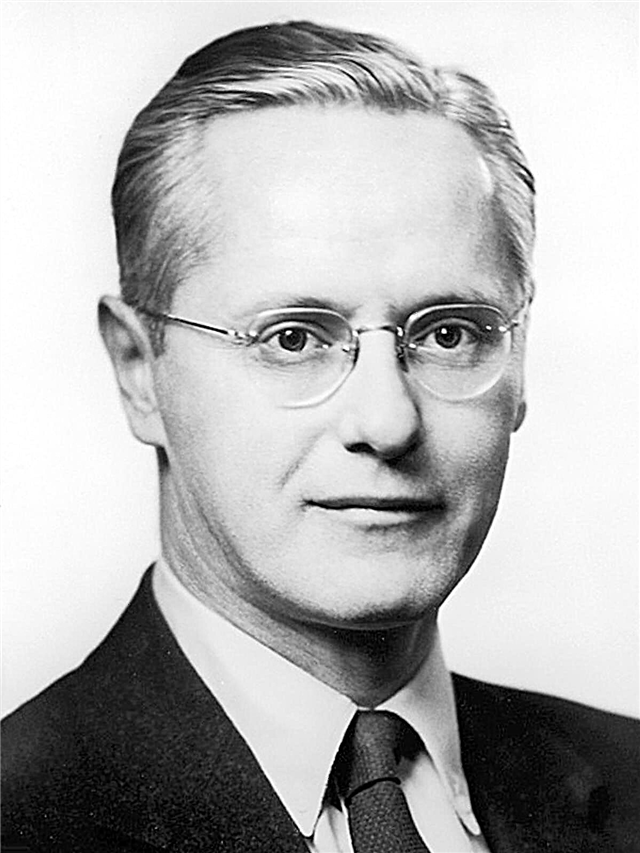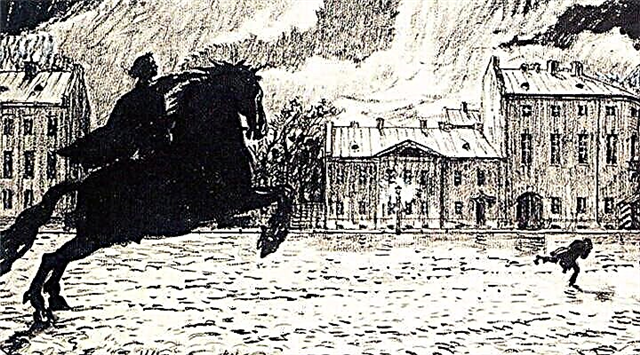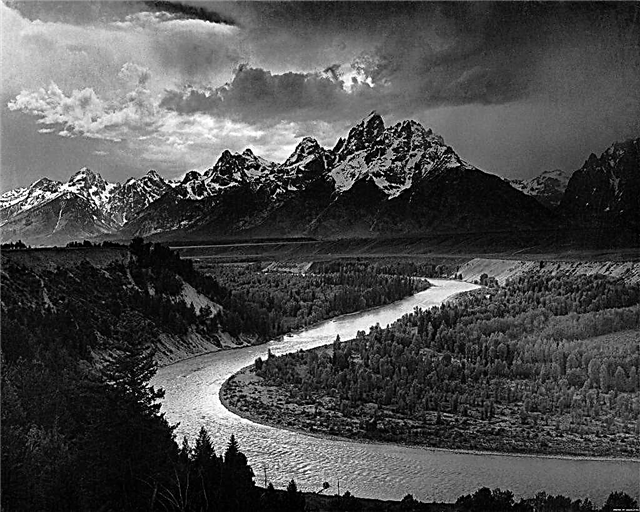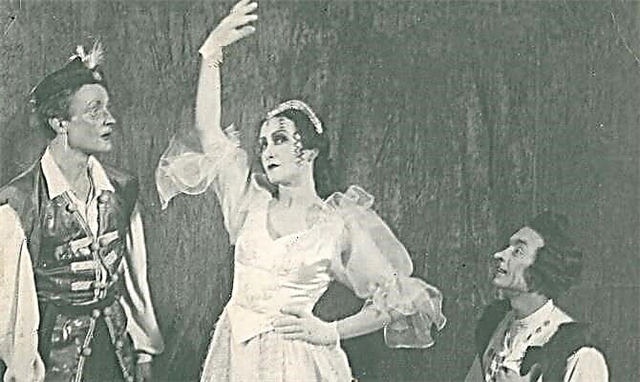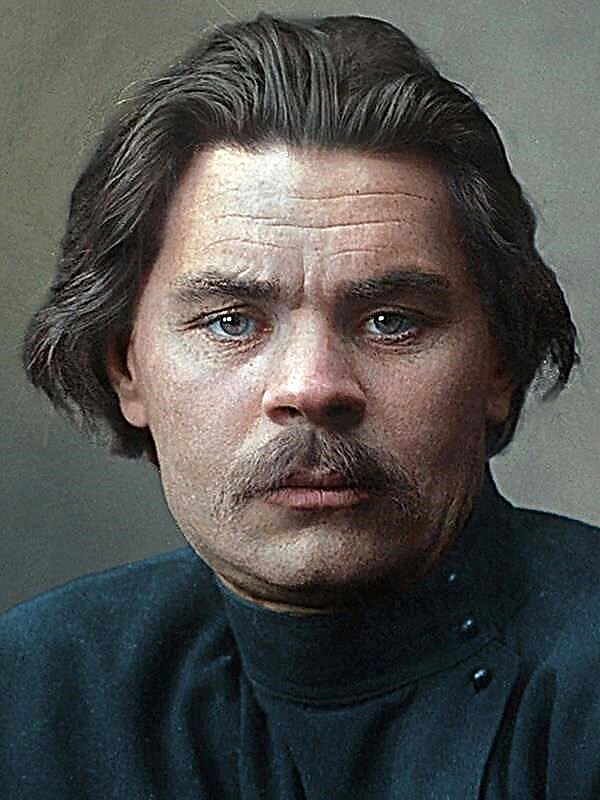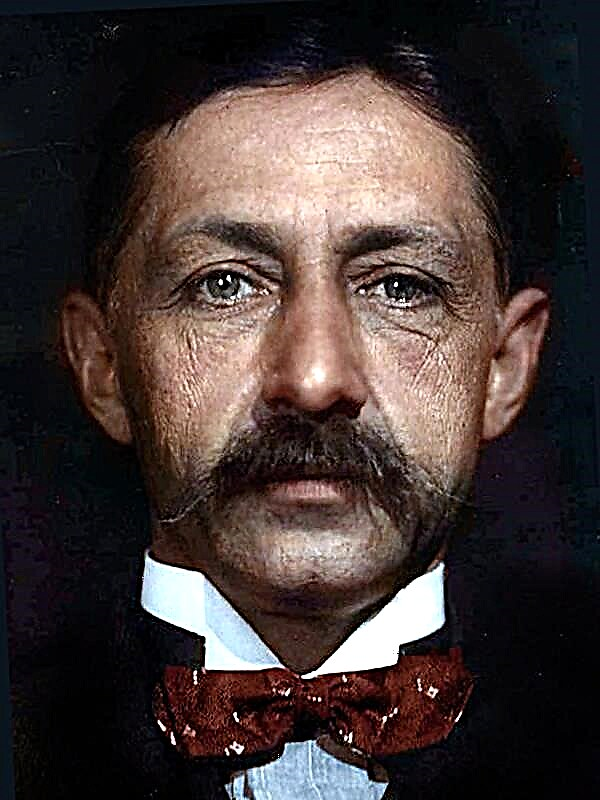: The historical story set forth by Pushkin on the basis of historical documents is devoted to the Pugachev uprising. She thought at the same time as the “Captain's Daughter” and left with the permission of Nicholas I.
Chapter first
Pushkin gives various versions of historians about the emergence of Cossacks on the Yaik River, later renamed the Urals by Catherine II. According to the author, the works of many historians are based on unsubstantiated guesses.
Next begins the story of the beginning of the riot. Among the egg Cossacks, discontent was ripened due to the restriction of their state, which resulted in the rebellion of 1771. Oppressed by the Russian bailiffs, the Kalmyks who lived on the southern border moved towards China. The Yaitsky Cossacks were sent in pursuit, but they refused.
The most stringent measures were taken to suppress the rebellion, but the rebels won the battle. The rebels sent their elected representatives to Petersburg. Major General Freiman sent from Moscow was able to suppress the rebellion. Many rebels fled, but were caught. Freiman kept the city. The instigators of the riot were punished with a whip, many were sent to prison.
Chapter two
At the farm, where the meeting of attackers was held, Emelyan Pugachev, a Don Cossack and a schismatic who escaped from Kazan prison, appeared. He was elected leader.
Imposture seemed to them a reliable spring. For this, only a slander was needed, impudent and decisive, still unknown to the people. Their choice fell on Pugachev.
Runaway Pugachev searched, but to no avail. Many Cossacks sent to capture the impostor went over to his side, while others did not recognize. Pugachev took town by town and hung those who did not want to obey him. The rebel leader called himself Peter III.
Pugachev took the fortress Rassipnaya and Nizhne-Ozernaya, as well as the fortress in Tatishchevo. The impostor brutally cracked down on disobedient officers and nobles.
"News of Pugachev's successes came to Orenburg one after another." The frightened Orenburg governor, Lieutenant General Reinsdorp, took various measures to prevent the rebels from entering Orenburg. However, the army and strength of Pugachev grew.
Chapter three
Kazan, Siberian and Astrakhan governors made known to the State Military College about egg incidents.
The circumstances of the time greatly favored the riots. The troops were in Turkey and Poland, the recruitment recruitment reinforced difficulties. Several squadrons and a mouth followed to Kazan. Due to the mistakes of local leaders, Orenburg was besieged by rebels. Rainsdorp freed the villain Khlopusha, who had ravaged the region for twenty years, and sent him to Pugachev. The battle for Orenburg lasted a long time. Pugachev decided: "I won’t waste my people ... I’ll kill the city with pestilence."
The cold began. Pugachev with his army located in the suburbs. The wounded were taken to the church, the icons in it were stripped, the temple was desecrated by impurities. They brought a cannon to the bell tower. Then the impostor moved to the Berdskaya Sloboda, which became a den of murders and debauchery:
The camp was full of officers' wives and daughters, who were given to reproach to robbers. Executions took place every day. The ravines near Byrd were littered with corpses ... of sufferers.
Pugachev, possessing only some military knowledge and extraordinary boldness, did nothing without the consent of the Yaik Cossacks, "they often acted without his knowledge." They "did not allow the impostor to have other favorites and attorneys."
Generals with troops arrived near Orenburg, however, they soon began to retreat under the pressure of the rebels. Many of them were captured and executed by Pugachev.The empress sent to deal with the rebels of a reliable military commander, General-General Bibikov.
Chapter Four
Victory and success increased the impudence of the rebels: they plundered and devastated villages and cities. By order of Pugachev Khlopusha managed to take the Ilyinsky fortress, he received a rebuff in Verkhne-Ozernaya, because of which Pugachev rushed to his aid. Meanwhile, military reinforcements approached Ilyinskaya, and the tsarist forces managed to occupy it: Khlopusha did not ruin the fortress and did not burn it. However, soon Pugachev took her again and executed all the officers. The siege of Orenburg continued.
The position of Orenburg was becoming terrible. Flour and cereal were taken from the inhabitants and they began to be distributed daily ... The hunger increased.
Pushkin writes that Bibikov’s arrival encouraged local residents, forced many to return. Outraged Bashkirs, Kalmyks, and other peoples from everywhere interrupted the message, the Yaitsky Cossacks rebelled, scoured the gangs of robbers. Yekaterinburg was in danger. The Empress took action.
Exhortative manifestos were sent out; promised ten thousand rubles for the capture of the impostor. Especially feared relations with Yaik.
According to the decree, Pugachev’s house was burned, the yard was dug and fenced, like a damned place. His family was sent to Kazan, "to convict the impostor in the event of his capture."
Chapter five
Thanks to reasonable orders from Bibikov, they managed to drive the rebels out of Samara and Zainsk.
Pugachev knew about the approach of the troops and cared little about that. He hoped for the betrayal of the rank and file and the oversight of the bosses ... In the event of a defeat, he intended to flee, leaving his scum to the mercy of fate.
"In the case of failure, the Yaitsky Cossacks thought of betraying Pugachev into the hands of the government and thereby gaining a pardon." In the Yaitsky town the impostor was met with a decisive rebuff.
Flapper during the absence of Pugachev struck the Iletsk defense and ruined it. Under the onslaught of the Golitsyn detachments, Pugachev settled in Tatishcheva and began to build up his strength. There, Golitsyn defeated the rebels in battle, but suffered huge losses:
The bloodshed was terrible. In one fortress, up to one thousand three hundred rebels fell ... Golitsyn lost up to four hundred dead and wounded ...
Pugachev fled with guns, and Tatars tied Khlopush and gave him to the governor. In June 1774, the convict was executed.
The impostor was daring to go to Orenburg, but was met by troops, lost the last guns and people. Captured and his main accomplices. The Ozernaya and Rassipnaya fortresses, as well as the Iletsky town, have already been left by the rebels.
Despite the defeat and absence of the leader, the rebels laid siege to Yaitsky town. Famine began in the fortress. Exhausted soldiers boiled clay and ate it.
The military knew that the rebels had strengthened, and wanted to die with honor, the death of soldiers, and not from hunger. But suddenly, help came to the besieged. The leaders of the riot and Pugachev's wife were sent to custody in Orenburg.
Bibikov fell ill in a fever and died.
Chapter six
Due to the Bashkir rebellion, the military could not catch the impostor. Michelson was able to smash them. The rebels entered Magnetic due to treason; the fortress was burned.
Mikhelson repeatedly managed to defeat Pugachev’s detachments, but failed to catch the impostor.
Pugachev approached Kazan, won the battle with the enemy. The assault was postponed until the morning.
Chapter seven
Pugachev rebels were able to take Kazan. "The sea of fire spilled all over the city."
The prisoners were driven out of the city and the loot was taken. The Bashkirs, despite Pugachev’s strict prohibitions, beat the people with whips and pricked lagging women and children with spears.
At dawn, the hussars of Michelson and the army of Potemkin liberated Kazan.
Pugachev did not lose hope of finally defeating Michelson and gaining a new bastard. "His army consisted of twenty-five thousand of all rabble." However, Michelson won the next battle in a very short time. Prisoners from the Pugachev camps were released.
Mikhelson entered Kazan as a liberator.The condition of the city was terrible. "The guest house and other houses, churches and monasteries were looted." There were rumors that Mikhelson could have prevented the capture of Kazan, but he deliberately let the rebels enter the city, so that later he could profit from the glory of the liberator. Pushkin calls these rumors slander.
Pugachev sent a chase.
Chapter eight
Pugachev fled to the forest. A few days later he rushed to the Volga, the entire western side of which revolted and surrendered to the impostor.
Pugachev declared to the people liberty, extermination of the noble family, absolution of duties and non-cash distribution of salt.
Forces were thrown to block the impostor's path to Moscow. But he already thought only about his salvation - to get into the Kuban or Persia. Understanding their position, the rioters were ready to betray the leader.
The appearance of several villains in different areas has sowed a terrible turmoil. Catherine herself intended to go to the province, but one of the generals volunteered to rectify the situation. Pugachev was constantly moving, sending his gangs in all directions.
Michelson pursued the impostor. However, before the meeting between the Prime Minister and Pugachev, the latter managed to visit Penza, Saratov, and Sarept. Only after that did Michelson catch up with his troops. "A few cannon shots upset the rebels." Finally, the remnants of the rebels decided to surrender Pugachev to the imperial guard. He was transported to Moscow, where he was executed on January 10, 1775.
Wanting to erase memories of a terrible era, Catherine changed the name of the Yaik River to the Urals.

